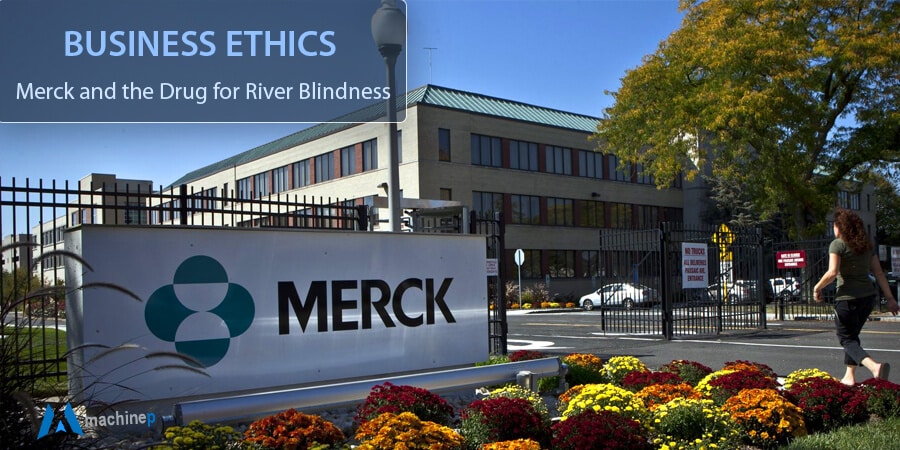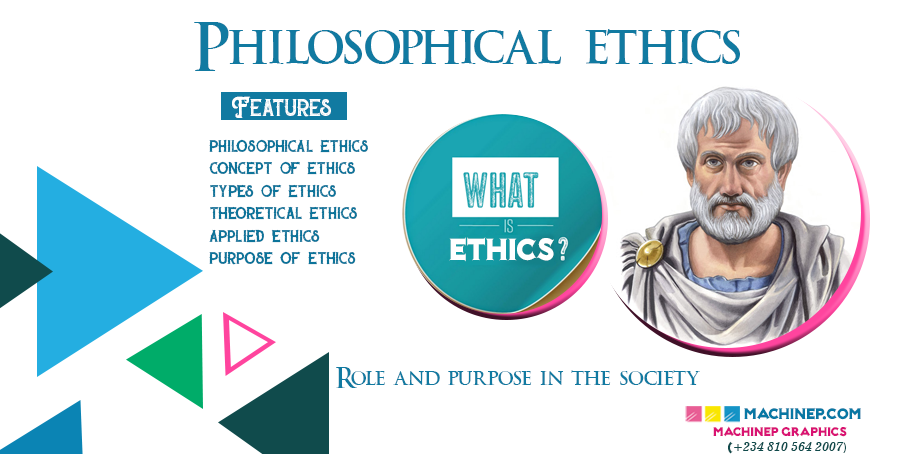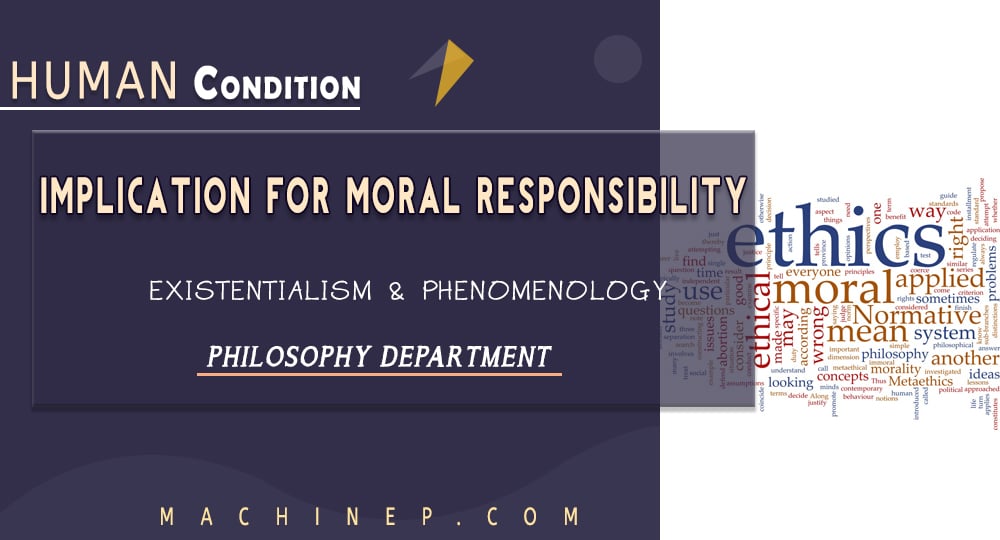Business ethics is a branch of professional ethics that studies the standards to determine what is morally right or wrong in business. It is right to say that ethics is intimately part of business. Thus, ethics go hand-in-hand with business and can’t be separated because both ethics and business deal with the people in the society.
In this case study, we will go over the dilemma of Merck and its struggle in developing the drug for curing the river blindness disease. But before then, let’s discuss the company, Merck, and clearly elucidate the challenges and case study.
What is Merck?
Merck is an enormous American multinational pharmaceutical company that is widely known for its arrays of successful drugs for different rare diseases. One of Merck’s most successful project was the development of the drug to deworm animals. In other words, Merck was the first pharmaceutical company that discovered a drug that perfectly deworms animals.
This case study is not about the worming of animals but the movement to develop a drug that cures river blindness and the challenges. However, we’ll draw some elements of facts from the prior accomplishments in tackling the issue in business ethics.
What is River Blindness?
River blindness is a terrible disease that kills 40 to 100 million people in the most remote places in the world, especially in some African countries. Imagine a place where there’s little or no technology, modern transportation, infrastructures, and with poor economy and government. This is where river blindness exists.
What causes River Blindness?
River blindness is a disease caused by flies. When these flies bite people from these remote areas, usually in the arms, they implant a worm that will keep multiplying in the body. As a horrible and prevalent disease, the people affected becomes blind around their forties (40 years).
The Case Study of Merck and the River Blindness
As a prestigious pharmaceutical company in America, Merck has expert researchers who research and make proposals for a drug to cure a disease.
One of Merck’s best researchers thought of developing a drug that will be capable of curing River Blindness since it will help these millions of people who die from this awful sickness.
Merck’s challenges in developing the drugs for River Blindness
Three major issues arose during the proposal and consideration to get on with discovering the drugs for river blindness. They are as follows:
- First, the drug will cost around 100 million dollars to develop and takes up to 10 years. Yet those in danger of infection with river blindness lives in very remote poor regions of the globe, and their governments have no money to purchase such a drug.
- Secondly, human beings would be used to test the drug; but how possible would it be in these remote areas?
- Third, Merck could spend $100 million on developing another important drug for which there was a profitable market.
Solve this issues using the Ethical Decision-Making Framework of Business Ethics
Assuming we are the head of research and are assigned prepare a memo to Merck’s corporate board, how do we construct your arguments? Call to mind that the assignment is to outline our position and develop strong points to defend that position using the Ethical Decision-Making framework.
Now, the question should attempt to argue why Merck should invest in research to develop and test this drug. Why shouldn’t it use those same funds to develop other drugs, such as diabeties or HIV diseases which will be more profitable?
Remember, developing the drug is obviously expensive might not work. And it might harm people in human trials, and such consequences are not always pleasant to the ear.
Business Ethics Case Study – Merck and River Blindness
For a company to be reputable and stay ahead of its competitors, there must be a continuous progression of research and the production of new solutions to certain problems. Thus, a proposal for new drugs at Merck is a sign of potential advancement in the pharmaceutical industry. At Merck, we are known for reinventing the wheels but researching and producing effective drugs for rare diseases for the flourishing of mankind. This is one of our objectives.
River blindness is a worm-infected disease that strikes 30 to 100 million people, causing complete blindness to millions of people at every interval. Therefore, creating a cure for this disease would be a big plus in the pharmaceutical industry.
Over recent past years, Merck developed a very successful drug for deworming large and small animals, and this is a great motivation in trying out another version of a drug that would be successful to tackle river blindness.
We understand that it will take Merck up to ten years to develop a drug that will cure river blindness, and the development would cost about one hundred million dollars. That would be quite expensive, especially considering that everyone who is in danger of infection with river blindness lives in very remote poor regions of the globe, and their governments have no money to purchase such a drug.
In solving this issue, it is important to recall that every discovery of a new drug for curing a major disease always consumes a lot of time, resources, energy, and experimentation. With this in mind, it is best to kick off with this project since further delay will contribute to the loss of millions of lives within the next ten years. On the other hand, failure to develop this cure over the next ten years would not only record more deaths but bring no progress to our company’s goal.
Since the people always affected by this disease are poor, and their government will be unable to purchase the drugs, there are better options to get going. First, upon successful experimentation and confirmation of the positive effect of the drug, Merck can issue these drugs to the people or government with the aim of getting installment payment as they cure the affected people. This way, they will continue experimenting more as they take the drugs. In addition, we will stand a higher chance in becoming the first pharmaceutical company to develop a cure for river blindness.
Furthermore, the drugs would be tested on people living in remote areas suffering from the disease, and this may be a challenge since it could lead to people’s death if the drug does not function perfectly. However, since there is a chance of preserving the lives of millions of people in the future, a few people that may die during the experimentation period would justify their lives, following the Utilitarianism theory. As a result, the end, which is to save millions of people in the future, justifies the means.
Finally, there is no doubt that Merck could spend the same $100 million on developing another important drug for which there was a profitable market. But following deontologism, when making ethical decisions based on “doing the right thing,” a company should be concerned if its actions set a precedent for other actions or other pharmaceuticals and if it respects the dignity of every individual or stakeholder or every organization.
In conclusion, it is not always about what is most profitable in the market, but what is right to do; duty for duty’s sake. And, Merck will make a significant impact on society by developing a drug for the cure of river blindness as well as making advancements and also contribute immensely to the industry.






Just wish to say your article is astonishing.
The clarity in your post is simply cool and I could assume
you’re an expert on this subject. Fine with your permission let me grab your feed to keep updated with forthcoming post.
Thanks a million and please continue the rewarding work.
Wonderful
My friends and I are super excited to have found the shares here. This has boosted me out of a tough situation.
Excellent contribution.
I was confident walking out of the project defense hall yesterday. I owe you a lot
First off I want to say awesome blog! Smart, I had a quick question that I’d like to ask if you don’t mind.
I was interested to know how you center yourself and clear your thoughts prior to writing.
I have had difficulty clearing my thoughts in getting my thoughts out there.
I do take pleasure in writing however it just seems like the first 10 to 15 minutes are usually lost simply
just trying to figure out how to begin.
Appreciate it!
Good post.
Logical arguments. This is where Business Ethics cuts across Medical Ethics.
Superb post! However I was wanting to know if you could write
a little more on this topic or related ones? I’d be very
grateful if you could elaborate a little bit more as I was motivated to write my thesis on this.
Bless you!
I am extremely impressed with your writing skills and also with the layout on your weblog. Anyway keep up the excellent quality writing, it’s rare to see a great blog like this one nowadays..
You have ended my 4 day long hunt! God Bless you man.
My project is half-done with these great ideas
This site has been there to help my associates share more light heartedly.
Got highest 10 points sharing your thoughts on Coursera.
Interesting points here
I intend to also employ the idea in Kant’s Deontology.
Got this question from Business Ethics at Coursera. Thanks so much for the ideas